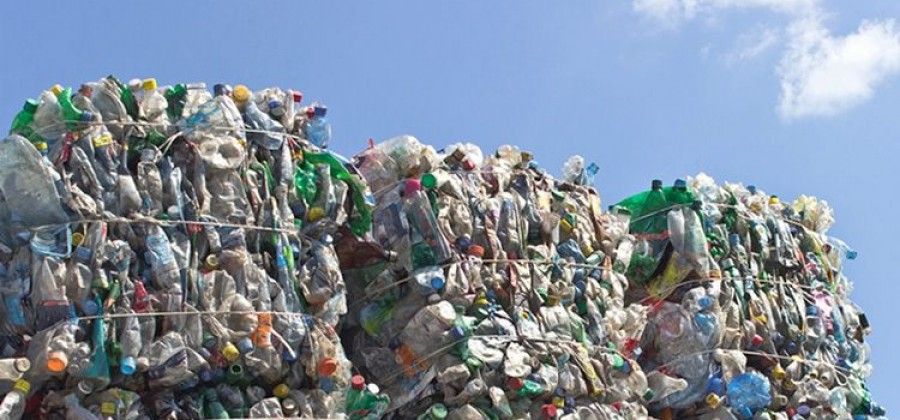Turning Waste To Valubale Riches

Proper waste management Still remains a headache for both the agencies in charge of managing waste and the citizen. It becomes a problem because it causes pollution, disease and environment crisis when it’s not properly disposed. The good news is, most of the waste produced in Nigeria can be recycled and reused to create new products. Sadly only about 10 percent of the waste generated everyday in Nigeria is collected.
The rest usually ends up in illegal dump sites, gutters and drainage in Nigerian’s cities.
If we know in USA and Europe waste collection and recycling is a multi-billion industry? Waste collection is a serious business if you plan and execute it right. Unlike in past, it is becoming increasingly difficult for people in some cities to indiscriminately fling their trash inside the gutters. Not only is this irresponsible, it is one way to get arrested if one is caught in the act. As a result, people are eagerly looking for convenient ways of them are willing to pay for it, the good parts is, the customers (homes, offices, companies, restaurant and so forth) are already there waiting for you to approach them and introduce yourself -JAC GLOBAL SUSTAINABLE DEVELOPMENT ASSOCIATION.
Importantly, before proceeding on how we can achieve making waste to be valuable riches. Let understand what waste are and the negative consequences of improper waste management. WASTE according to OXFORD living dictionary, a waste is (of a material, substances, or by-products) eliminated or discarded as no longer useful or required after the completion of a process.
Meaning that waste is material, products by-products or remnants of a product which the user feels have no further use for. Such product is discarded as no longer useful, or not required after the completion process. The understanding of waste as a material becomes waste because we feel we no longer have use for it. Therefore term it so and discard it, as long as humans live and use products, waste must be generated. Wastes are necessary end in the life cycle of products.
Importantly, let’s look at the various consequences of improper waste management, and how to manage this waste to our benefit. The consequences of indiscriminate waste disposal ranges from environmental hazards such as waste emit gases like methane, carbon monoxide and so on.
These emissions heat up the atmosphere and create other environment pollution, that health hazards as the depletion of the ozone layer by gases from these waste cause certain skin diseases, also toxic waste from industries pollutes our land, water and air. This quite detrimental to our health of proper waste management culture in Nigeria, and in Enugu, our country and state loses billions of naira annually, Knowing that such waste as flared gases amounts to millions. Also the effect of such waste on our environment and health are unjustifiable, because they lead to loss in manpower productivity, agricultural, productivity and tourism revenue. So the best way to stop all these hazards or minimize them is to engage in recycling as a waste management technique.
So Nigeria’s can turn waste to wealth, so to say waste to riches by recycling, what is recycling, recycling is a process of turning wastes into a useful materials or products. Although, we have other means of which wastes can be managed such as incineration and land-filling. But they have numerous shortcomings. For instance, incineration which involves waste burning emits carbon monoxides into the atmosphere. And land-filling on the other hand, emits poisonous methane gas. It is also a source of water, air and soil pollutant, like that situated at areas in cities.

